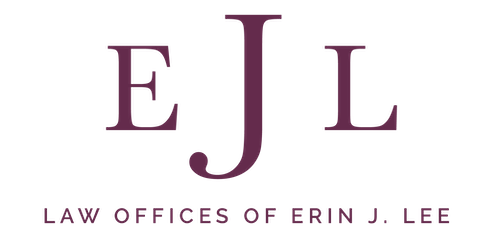One of the immigration policies that the Obama Administration has implemented, is what is called the provisional unlawful presence waiver. Since March 4, 2013, certain immigrant visa applicants could apply for this waiver in the U.S. before leaving the U.S. for their interviews at the U.S. Consulate in their native countries. This policy significantly lessened the amount of anxiety and time of separation between the applicants and their U.S. citizen family members during the waiver process.
President Obama then announced that he would expand this provisional waiver program, as part of his Executive Action on Immigration. However, as we know, these actions were thwarted by the lawsuit, Texas v. United States. Fortunately, USCIS has announced a final rule, expanding the existing provisional waiver process, starting August 29, 2016! This rule will increase the number of people that are eligible for the provisional waiver process.
The original provisional waiver allowed only immediate relatives of U.S. citizens to apply for the unlawful presence waiver in the U.S. prior to leaving the U.S. to obtain their immigrant visas. The applicant must not be inadmissible for any other reason, such as for misrepresentation or criminal grounds. Now, all individuals that are eligible for an unlawful presence waiver are eligible for the provisional waiver process. In other words, spouses and children of U.S. citizens and Lawful Permanent Residents (LPR) are all eligible – not just immediate relatives of U.S. citizens, such as spouses and children under the age of 21.
Note that there are still limitations to the provisional waiver process. For example, parents of U.S. citizens are not statutorily eligible for an unlawful presence waiver. Also, if one is inadmissible on any other ground, such as a criminal or misrepresentation ground, then they are not eligible for the provisional waiver process. There are also some new opportunities for those who have previously been removed or deported from the U.S., as long as they submit and have an approved I-212 Advance Permission to Enter the U.S. Most importantly, one must still meet their burden of proof of showing that their absence would cause “extreme hardship” to their U.S. citizen or LPR relative.
This new rule is great news, but there are nuances that only an experienced attorney can identify. So, contact an attorney if you believe you can benefit from this policy.


